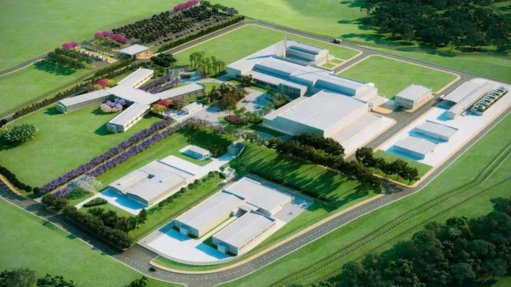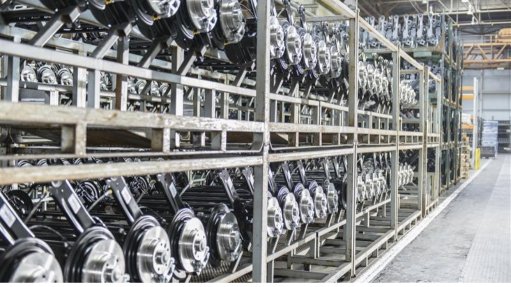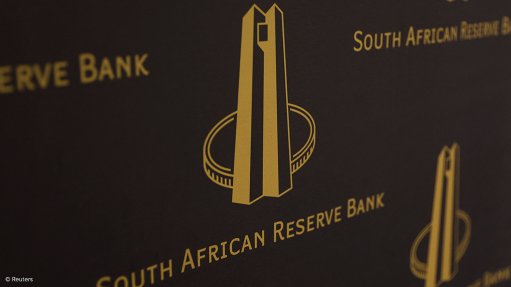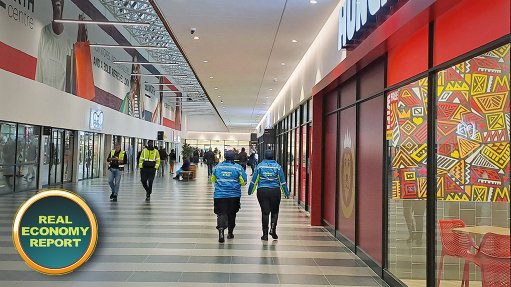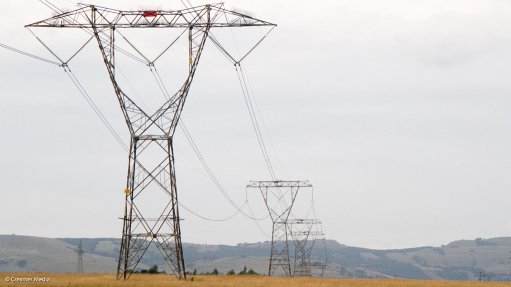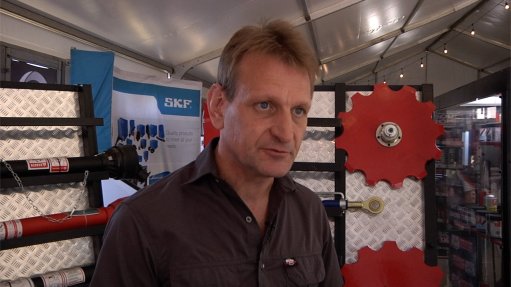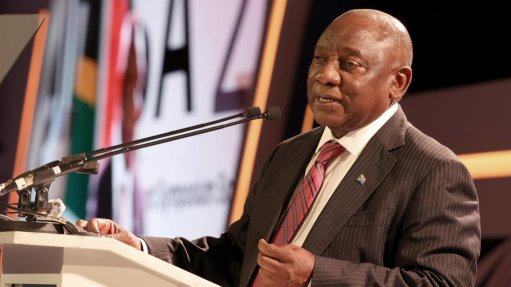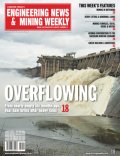The Construction Mafia Crisis: ISO 37001 May Be South Africa’s Last Line of Defence Against Infrastructure Corruption
This article has been supplied and will be available for a limited time only on this website.
By: Muhammad Ali - Managing Director at Worldwide Industrial and Systems Engineers (WWISE)
Criminal syndicates known as the construction mafia have brought South Africa’s infrastructure sector to its knees, hijacking over 180 projects and causing an estimated R63 billion in economic damage, according to National Treasury. These groups, often operating under the guise of community forums, use threats, extortion, and violence to force their way into government tenders and construction contracts.
While law enforcement has begun to respond, 745 extortion cases have been reported, and 240 arrests have been made since November 2024. Public Works and Infrastructure Minister Dean Macpherson admits that this is only the beginning. "We are turning the tide," he said recently, but warned that corruption remains deeply entrenched in procurement systems and local government supply chains.
Against this backdrop, experts at WWISE (Worldwide Industrial and Systems Engineers) are calling for the widespread adoption of ISO 37001, a tool they believe could play a critical role in fortifying the sector from within.
“This may be South Africa’s last line of defence if we want to build infrastructure without bribery or intimidation,” says Muhammad Ali, Managing Director at WWISE. “ISO 37001 helps organisations embed ethical conduct into every stage of a project, from procurement to execution, making it harder for criminal networks to manipulate the system.”
ISO 37001 is not just a policy; it’s a globally recognised standard, or in other words, a formalised, best-practice framework developed by international experts to help organisations detect and prevent bribery. As a standard, ISO 37001 establishes a uniform, auditable benchmark for anti-bribery management across industries, enabling companies and governments to foster transparency, demonstrate accountability, and safeguard their reputations.
“The standard requires top-level leadership commitment, risk assessments, strict financial controls, and confidential reporting systems,” explains Ali. “It doesn't just help companies avoid corruption, it actively reshapes their culture.”
Corruption in the construction industry not only inflates costs but also endangers lives. Ali notes that criminal infiltration has led to shutdowns, missed milestones, and Service Level Agreement (SLA) penalties. “We’ve seen cases where construction mafia threats delayed entire projects, with local authorities often turning a blind eye, or worse, getting a cut,” he says.
Van Zyl Krause, Technical Specialist at WWISE, warns that companies often feel forced to hire unqualified labour to avoid conflict. “These so-called ‘community contractors’ are often unregistered, uninsured, and unsafe,” Krause says. “That puts the principal contractor and everyone on site at risk, while forcing them to spend even more on private security.”
ISO 37001 offers practical safeguards. It ensures that tender documents are traceable and auditable. It enforces ethical vetting of suppliers and enshrines whistleblower protection through encrypted systems. “You can’t bribe your way into a tender process governed by ISO 37001,” says Ali.
Yet adoption of the standard remains frustratingly limited. “Most construction companies in South Africa haven’t implemented it,” Krause says. “The only time we see ISO 37001 considered is when international investors require it,” Ali adds that public sector resistance is particularly troubling. “The fear is that ISO 37001 will expose misconduct,” he says. “But that’s the point. The excuses, ‘too complex’, ‘too bureaucratic’, don’t hold water. This standard can be adapted to any organisation.”
He points to a compelling case in Iraq, where a security company under attack from corrupt government officials used ISO 37001 to clear its name. “The audits exposed the wrongdoing, and the officials were jailed. That’s the power of a strong, standardised anti-bribery framework.”
For smaller contractors, who are often the most vulnerable to extortion, ISO 37001 can provide an essential shield if supported by law enforcement. “The problem may not be with the company,” Ali warns, “but when it needs support, the authorities often fall short.”
WWISE urges companies to begin their journey with a Gap Assessment to identify risk areas, followed by a structured implementation process that includes internal training, documentation development, internal audits, and certification. “This isn’t a checkbox exercise,” says Ali. “It’s a roadmap to ethical business.”
With billions at stake and a growing list of sabotaged projects, it’s clear that arrests alone won’t be enough. As Minister Macpherson rallies law enforcement, experts say South Africa must also rebuild its infrastructure sector from the inside out, with internationally recognised standards, such as ISO 37001, leading the way.
“If we don’t change how we build,” says Ali, “we’ll keep rebuilding what criminals destroy.”
Comments
Press Office
Announcements
What's On
Subscribe to improve your user experience...
Option 1 (equivalent of R125 a month):
Receive a weekly copy of Creamer Media's Engineering News & Mining Weekly magazine
(print copy for those in South Africa and e-magazine for those outside of South Africa)
Receive daily email newsletters
Access to full search results
Access archive of magazine back copies
Access to Projects in Progress
Access to ONE Research Report of your choice in PDF format
Option 2 (equivalent of R375 a month):
All benefits from Option 1
PLUS
Access to Creamer Media's Research Channel Africa for ALL Research Reports, in PDF format, on various industrial and mining sectors
including Electricity; Water; Energy Transition; Hydrogen; Roads, Rail and Ports; Coal; Gold; Platinum; Battery Metals; etc.
Already a subscriber?
Forgotten your password?
Receive weekly copy of Creamer Media's Engineering News & Mining Weekly magazine (print copy for those in South Africa and e-magazine for those outside of South Africa)
➕
Recieve daily email newsletters
➕
Access to full search results
➕
Access archive of magazine back copies
➕
Access to Projects in Progress
➕
Access to ONE Research Report of your choice in PDF format
RESEARCH CHANNEL AFRICA
R4500 (equivalent of R375 a month)
SUBSCRIBEAll benefits from Option 1
➕
Access to Creamer Media's Research Channel Africa for ALL Research Reports on various industrial and mining sectors, in PDF format, including on:
Electricity
➕
Water
➕
Energy Transition
➕
Hydrogen
➕
Roads, Rail and Ports
➕
Coal
➕
Gold
➕
Platinum
➕
Battery Metals
➕
etc.
Receive all benefits from Option 1 or Option 2 delivered to numerous people at your company
➕
Multiple User names and Passwords for simultaneous log-ins
➕
Intranet integration access to all in your organisation












